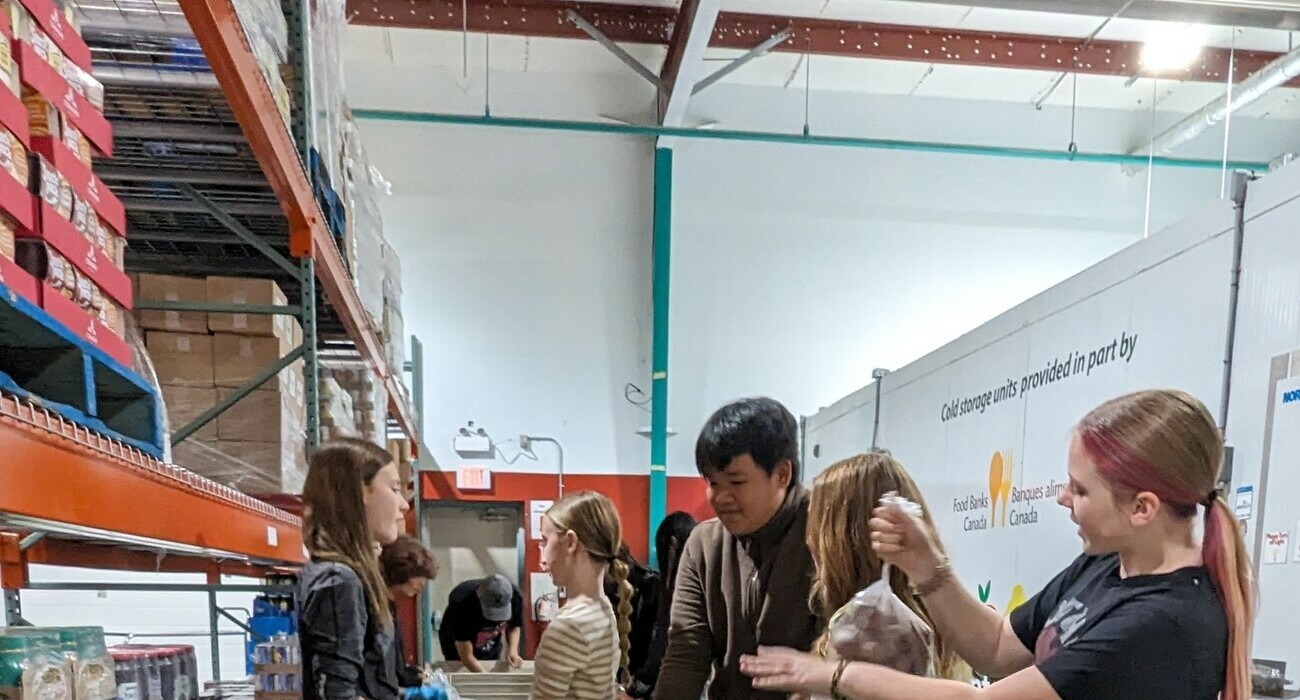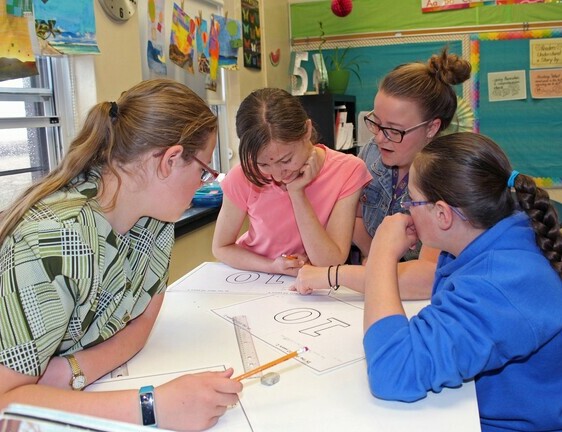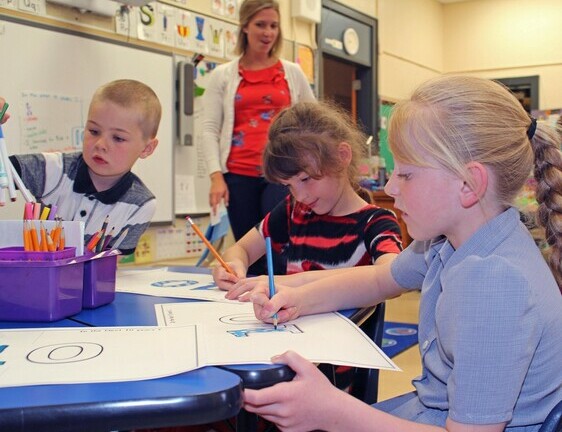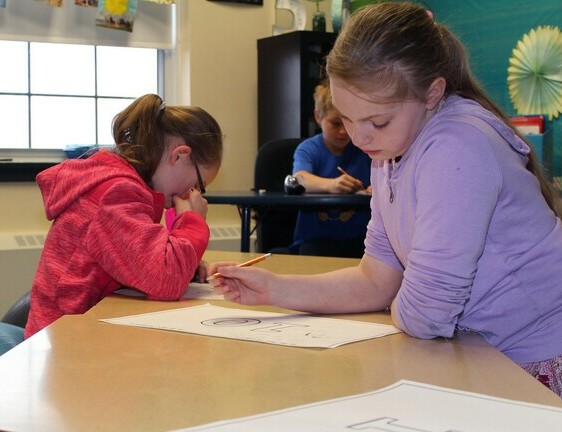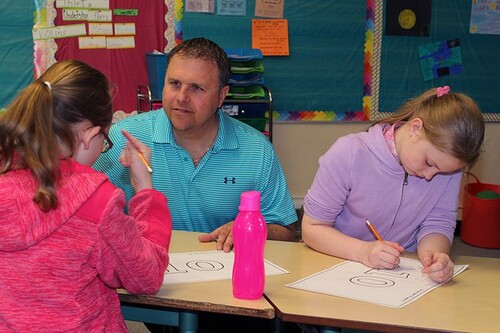
BARONS – As Barons School turns the page on one chapter and he sees how far they’ve come, Fred Jack eagerly awaits how the rest of the story will unfold.
This year was Jack’s third as principal at Barons School, which offers an alternative program for Low German-speaking Mennonite students from kindergarten through Grade 6. As the Palliser school readied itself for 10th anniversary celebrations, he was asked to pinpoint the biggest change in his time there.
“This just isn’t a place to go, this is a vibrant learning community now,” says Jack.
As for the next 10 years? He hopes to continue the “respectful, delicate partnership” of the faith and values of the Low German-speaking Mennonite community and the school’s role in positioning its students for a successful future.
“Our job isn’t to change them or to convert them. Our job is to make sure they maintain and honour that faith, but combine it with education to truly flourish and change the cycle of needing to work at 13 and 14 (years of age),” Jack says.
Barons School invited parents, siblings, graduates, former staff, administrators and trustees to reflect on the past 10 years and speak to some of their favourite memories. They planted a legacy tree, and students showed off legacy books in which they looked back at what they’ve done over the past decade and what they hope to be doing in the next 10.
This year saw about 120 students enrolled at Barons School, with another 70 down the road at the Carmangay Outreach School where Jack is also principal. While Barons’ numbers have remained fairly consistent, Carmangay has “pretty much tripled” over the past five years.
“What that speaks to is retention, and it speaks to a much greater desire of getting more education and in a lot more cases, graduation,” he says.
That only happens when Low German-speaking Mennonite families see a value in the programming schools offer. And that, says Jack, comes through dialogue and developing a trust with those families.
Family matters to that community, and the staff at Barons School goes out of its way to promote the “school family.”
On the first Friday of every month Jack shares coffee, donuts and conversation with about 30 moms or so. It’s two-way communication, with the moms encouraged to provide feedback and ask questions. The percentage of parents who attend School Council meetings is “really, really high,” he adds, as they feel a strong connection with the school.
Barons School initiated a breakfast program this year and hired two moms to run it. It’s proven hugely successful, says Jack, and not just for the students but also for parents to gain a better understanding of healthy eating and good nutritional habits.
While it’s difficult to prove a connection between better nutrition and the children’s energy level, he says that’s one of the biggest differences he has noticed over his years at Barons School.
“You have to remember our families are typically cautious and delicate, shy and sometimes reserved, and a lot of that has to do with comfort and confidence. They’re not speaking their predominate language and parents, for the most part, are not familiar with the Alberta education system,” Jack says. “School was just a place to send your kid before. Now, the energy that our kids display is huge.”
He can’t say enough about the role his “motivated, dedicated and driven” teaching and support staff have played in the school’s growth as well. Not only do they need to address the needs of each student in the classroom, it’s crucial they develop a rapport and trust with their families.
Student energy and parent participation aren’t the only things on the increase. Attendance rates have also improved dramatically at both schools.
“There’s a greater understanding that just because you are registered in school doesn’t mean you’re getting educated. You have to be there,” says Jack.
The challenge isn’t students skipping school on their own initiative. In their native Mexico, it’s the norm that formal education for children ends at 12 or 13, and then it’s off to work. He says it’s important for the families to understand that isn’t the norm here, however, and that staying in school is worthwhile.
In that light, Barons School has emphasized opportunities through the Registered Apprenticeship Program and work experience through Career Transitions and other partners. It also helped drive the point home when students visited a major feedlot operation and were told they only hire high school graduates.
“The kids are the ones you have to educate, so they can be the agents of change,” says Jack.

